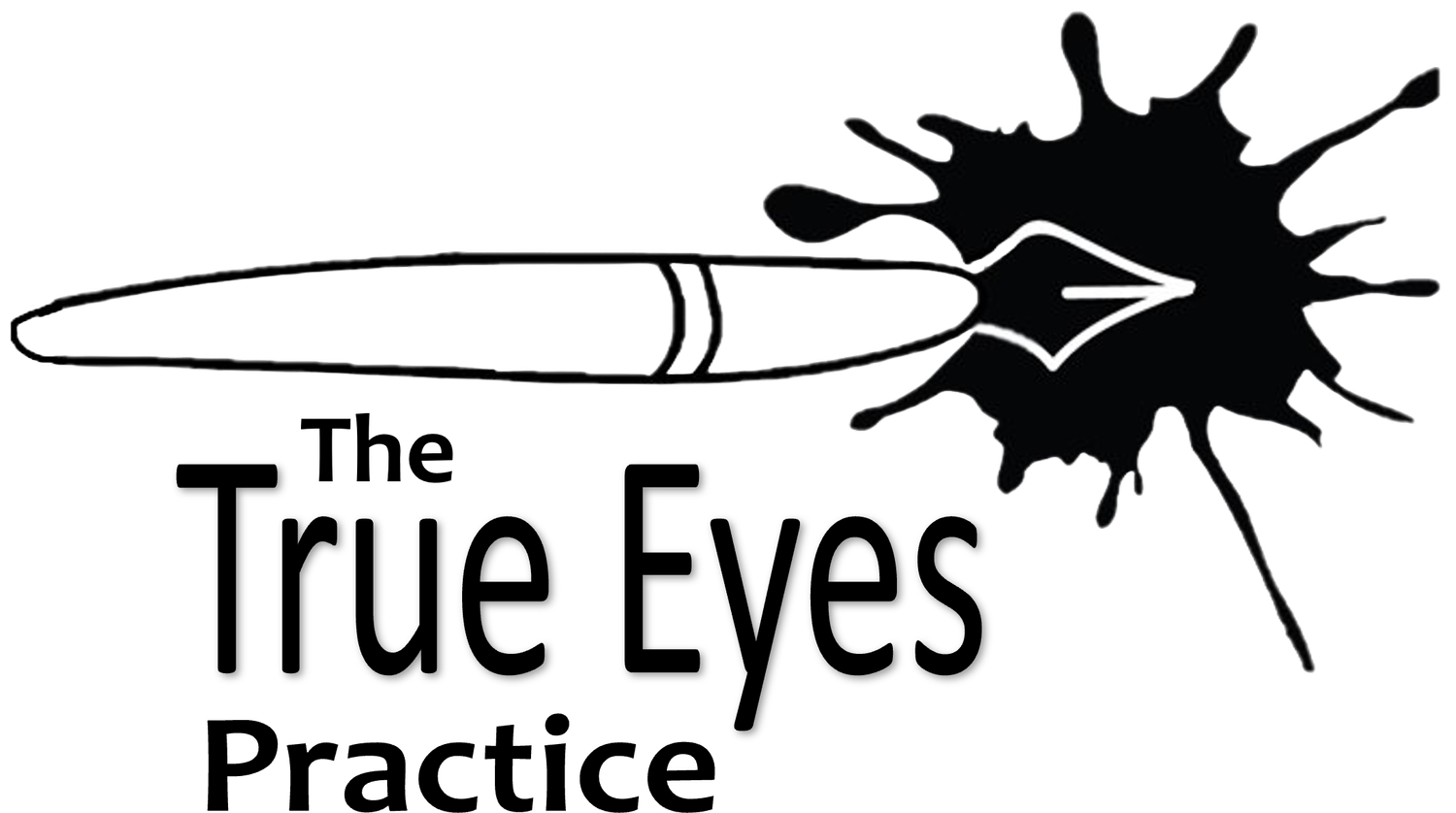Showing Your Work and the Real Reason You Can't Do Math
I've been advising you to do what Austin Kleon says to do when you talk to your people: Show Your Work.
I suggested 4 questions you could answer for your own tribes:
- What were you doing when you got the idea to make this?
- Describe the process of making it.
- Describe your thoughts and feelings while making it.
- Say what’s important about the creation and/or why it’s important to you.
- Describe your thoughts and feelings now that it’s finished.
I decided to do that with my new book by answering question #1.
I just submitted the 4th and next-to-the next-to the last revision of my next book to my book coach/editor. Last week. My goal is to get the book in your hands by summer.
It’s called The Nine Binds that Trap Artists, and How to Make Friends with Them.
I got the original idea for this book while teaching entrepreneurship classes to artists.
On the first day of each class, most of them would say, “I’m too creative to understand numbers and money.”
My first thought was to EXPLAIN numbers and money as part of the curriculum.
Every time I tried that, the eyes of everyone in the class would glaze over.
I felt an overwhelming feeling of resistance from almost everyone.
At first I thought I wasn’t doing a good job of explaining. Then I thought (briefly)—maybe there was such a thing as “too creative to understand numbers.”
Finally, I realized…Wait a minute. Understanding numbers requires second grade math. These are people who can memorize a 90-minute music or dance program; draw from memory, conceive and sculpt something from a block of stone without a pattern. Something isn’t right here.
I finally figured out that trauma, not “too creative” was the problem.
Artists face a painful double bind. If you are successful selling your work, you’re a sellout. If you aren’t successful selling your work, you’re a failure.
Hmmmm. Sell-out or failure. Your only two choices.
It dawned on me that I could show you that the double bind itself was traumatizing, let alone other experiences you’ve had, like your parents (or the culture at large or your art professor in college) pounding this idea into your head:
“Artists never make money,” or “Get a real job,” or my favorite, “Art is a luxury only for rich people.”
I found a solution to my students’ angst, showing them how to work with the parts of themselves that had opinions and blocks about earning money or making a living from their art.
That’s how the book got started.
Are you Showing Your Work? If you need help, leave a comment below or email me, I'd love to work on this with you.
